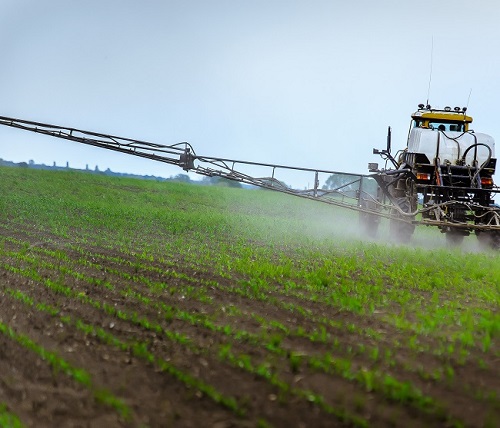MEPs voted this morning to back a proposal to phase out glyphosate in the EU within the next five years.
Concerns about the dangers of glyphosate to human health have been around for years. There have long been concerns that glyphosate is a hormone disrupter which can cause cancerous tumours, birth defects, and other developmental disorders. This glyphosate ban would contradict scientific findings from the European Food Safety Authority and the European Chemicals Agency, both of which deemed it to be safe. However these conclusions differ from the World Health Organization’s International Agency for Research on Cancer, which deemed glyphosate was “probably carcinogenic.”
The herbicide glyphosate has been commercially available for 40 years. It is one of the most frequently used herbicides in the UK in all crop production systems, including annual and perennial crops and non-cropped areas. There are currently no known cases of glyphosate resistance in the UK; however, globally, resistance to glyphosate has evolved as a result of repeated use and over-reliance.
Current changes in usage patterns in the UK are potentially increasing the risk of glyphosate resistance development. An over-reliance on a limited group of herbicide modes of action has accelerated the development of herbicide-resistant grass weeds, particularly black-grass. This has been mainly due to a lack of new herbicides, regulatory policy changes, a limited crop rotation and the under-exploitation of cultural control practices.


The MEPs opposed a 10 year extension on the herbicide, instead voting for limitations on its use from 2018 and an outright ban by the end of 2022. The results recorded where 355 in favour of the ban, 204 against and 111 abstentions. EU member states are set to vote on the renewal of the glyphosate licence in the EU for another 10 years tomorrow. It is understood that the UK, Spain and the Netherlands have argued that glyphosate is critical as crop yields will drop significantly without it, where as France is reporting to oppose the renewal.







